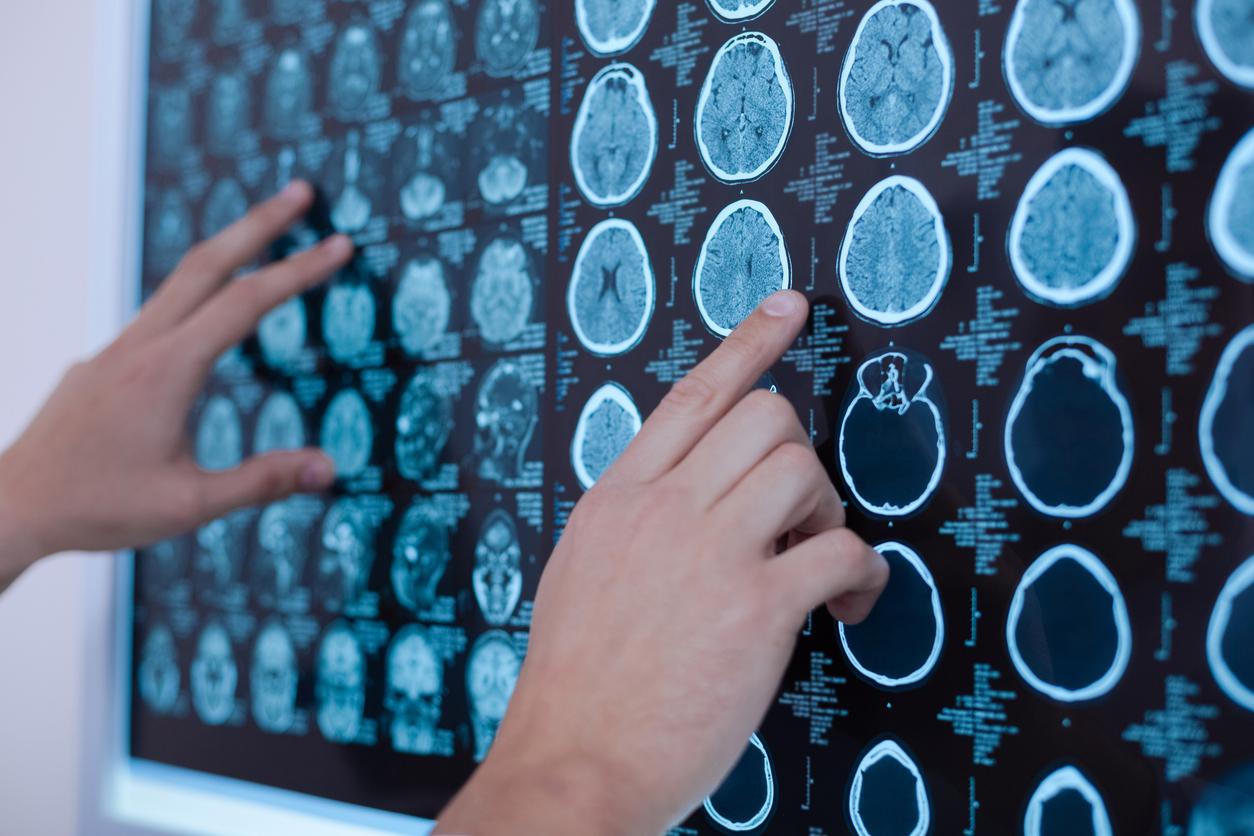April 17, 2002 – People with cancer frequently suffer from weight loss and undernutrition, which makes their survival more uncertain. The follow-up carried out by a nutritionist, and this as soon as the diagnosis, could partially remedy this major problem.
Radiation therapy and chemotherapy, widely used in cancer treatments, usually cause side effects: mouth ulcers, constipation, heartburn, difficulty swallowing, loss of appetite, diarrhea, nausea, vomiting, dryness of the mouth. mouth and fatigue are periodically part of the daily life of patients. These side effects then lead to weight loss, or even cachexia (extreme thinness) with not only fat loss, but also loss of muscle mass, which makes the patient even more sensitive to the side effects of the therapy. The immune system weakens resulting in increased morbidity and mortality.
Another side effect that is rarely reported to patients before treatment is taste alteration. Some people develop an aversion to a particular food. Meat, for example, can turn rotten or bread “turn to sawdust”! A metallic taste can also appear in other patients, to the point that they can no longer bear to eat.
Weight loss is commonly treated with the administration of appetite stimulating drugs or energy nutrients given by gastric tube (enteral nutrition) or intravenously (parenteral nutrition). Nutritionists or dietitians are often called in to help late, when the person is already very affected by the sometimes devastating effects of therapy. The use of a nutritionist as soon as the diagnosis is made is therefore to be favored in order to prevent undernutrition or reduce the side effects of treatments.
The assistance provided by nutrition specialists ranges from practical advice to specialist care such as the consumption of high-energy liquid foods and the development of suitable menus. Porridge, purees and other liquids, for example, are popular with those with swollen throats, lemon, “metal tasters” and rice and crackers, nauseous.
Also, whether or not you have difficulty swallowing food, you will appreciate our fact sheet on dietary recommendations for people with cancer.
Élisabeth Mercader – PasseportSanté.net
According to InteliHealth, April 9, 2002

















